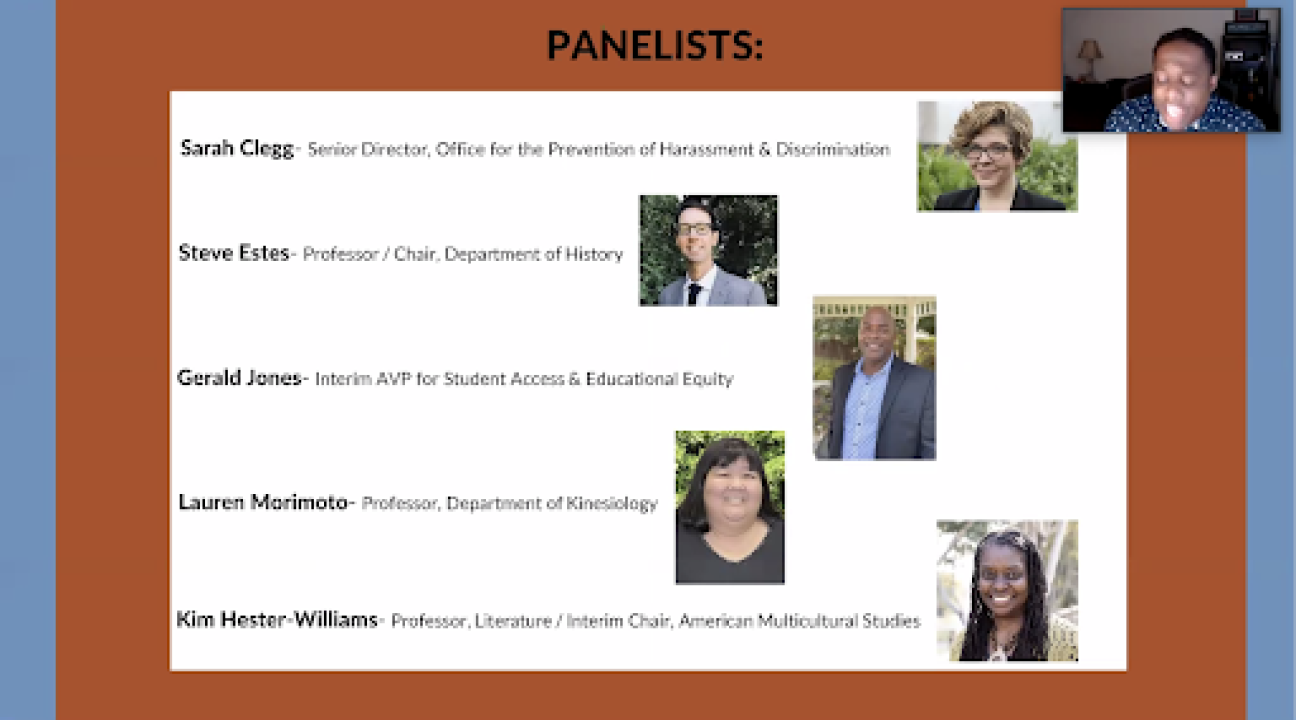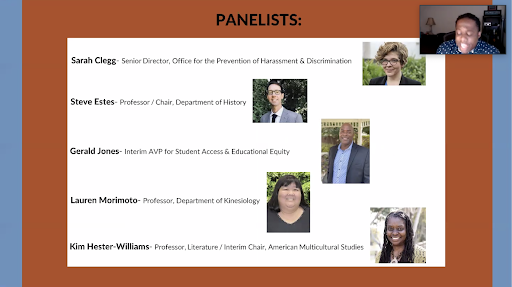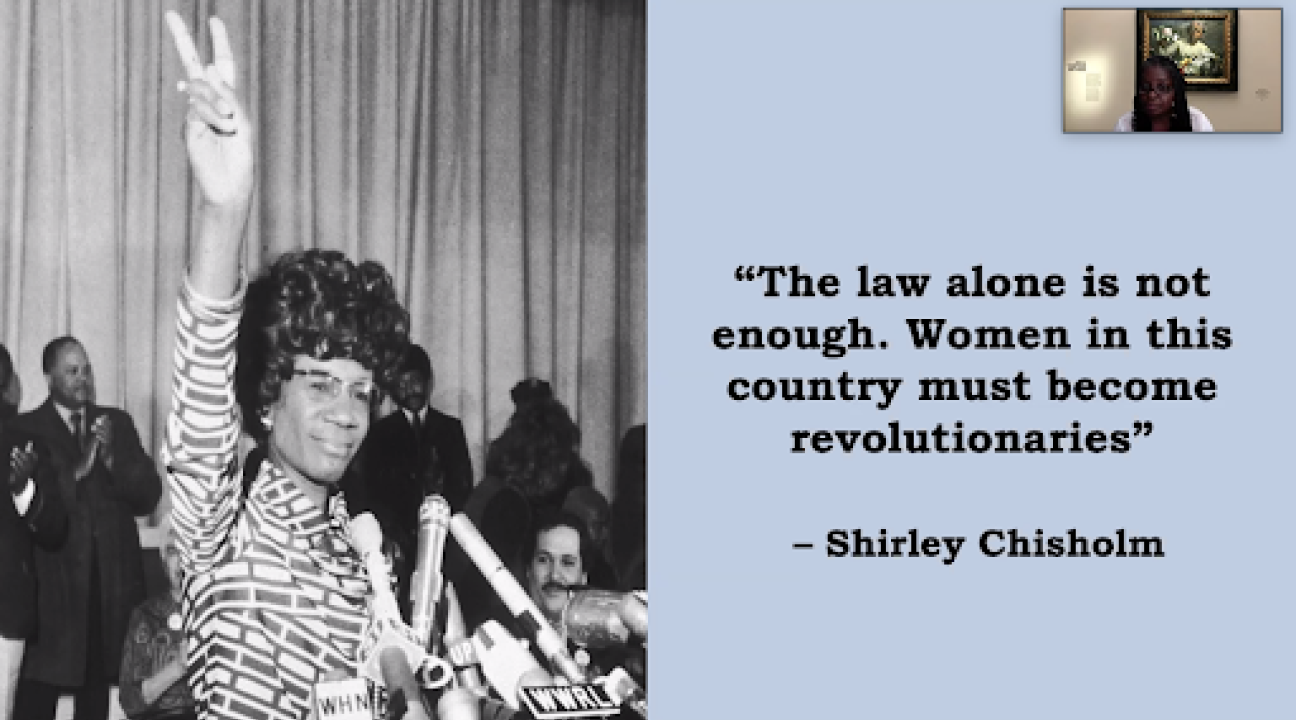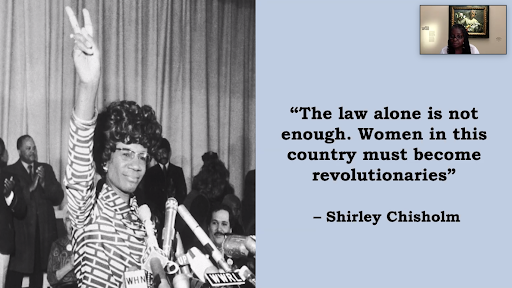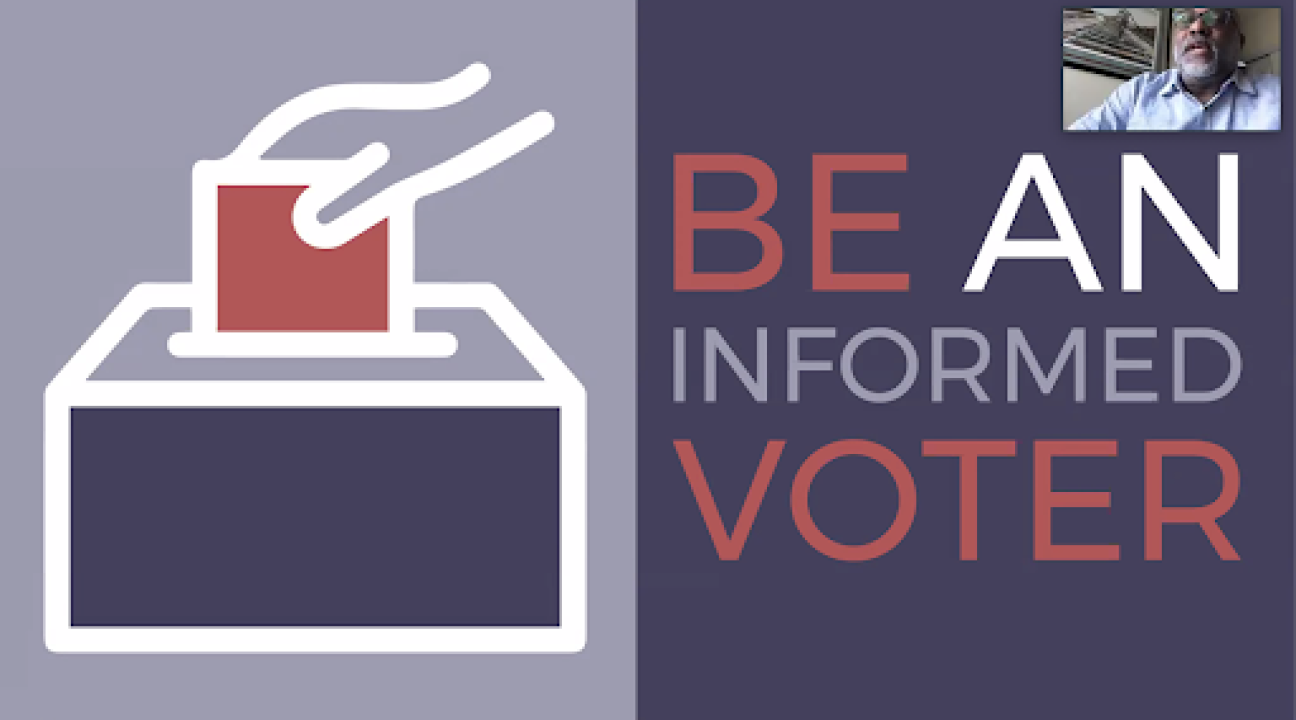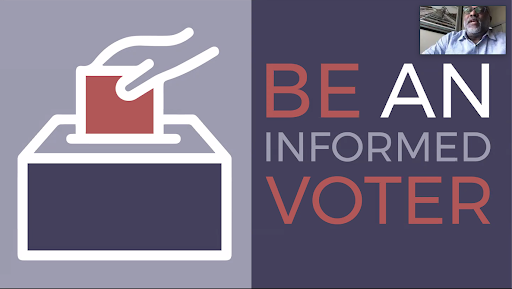Gender, Race, & The History of Voting in America Hub Event
“A lot of us talk about [voter suppression] but may not know what to do”, said Dr. Lauren Morimoto while speaking at the “Gender, Race, & The History of Voting in America” event.
This event was sponsored by the HUB and moderated by Tramaine Austin-Dillon, the Programs and Policy Specialist in the Office of the President. The purpose of the webinar was to inform attendees about the history of voting in America and how voter suppression has been implemented in the past and the ways in which it continues today.
The webinar included speakers from various departments and organizations on campus who all had a deep understanding on these topics. Some speakers focused their presentation on the history of who did and did not have the right to vote in the past and the continuous struggles women and people of color have faced trying to legally obtain the right to vote.The first part of the webinar addressed that it was a long and treacherous path for Black people in America to be given the right to vote, and that came with the challenge of voter suppression afterwards. Dr. Kim Hester-Williams focused on this portion of the presentation talking about the oppressive laws, such as Jim Crow Laws, that were in place to keep African Americans from voting. She made a point that there was a sentiment being pushed upon the public that, “Even if [Black] people had the right to vote doesn't mean they should use it.” These are all facts and information I have been educated about throughout my primary and high school years, however what I failed to consider is what came next in the presentation.
The latter portion of the webinar addressed the fact that voter suppression still takes place today and African Americans are heavily impacted by this. Laws exist preventing those convicted with a felony from voting and Black people make up a disproportionately large percentage of this population. Dr. Morimoto gave more examples such as closing polls early, losing voter eligibility over simple things like typos, and more aggressive tactics such as “voter taxes.” She clarified that “voter tax” doesn’t mean an actual tax on registering to vote but rather that certain states have created a law that you are not eligible to vote if you have any outstanding fees or fines due to the government, and on top of that they make it nearly impossible to find what fines, if any, you have.
As a student, I am always encouraged to vote and that seems like a simple process and a possible solution to several of the problems we are facing in America, however I had not previously considered that there are many Ameicans who have that right taken away to this day.
Austin-Dillon wrapped up the webinar asking one final question, “What can we do?” Dr. Morimoto gave some solutions that she admitted may not seem like the most exciting, but they are still important. These solutions included, educating yourself and educating others. “It means knowing what your rights are and having a plan for when you go to the polls.” She emphasized that going to the polls can be an intimidating task especially for minoritized groups. She also suggested that those who want a hands on approach to helping, can work at the polls and help the people around you register to vote.
This was an extremely educational webinar, and I believe that it is crucial for all Americans to be aware of these facts and those with privilege should acknowledge it and do what we can to combat these systemic problems.
A recording of this webinar is available on Youtube to view for those who were unable to attend live.

Author: Stephanie Farris


